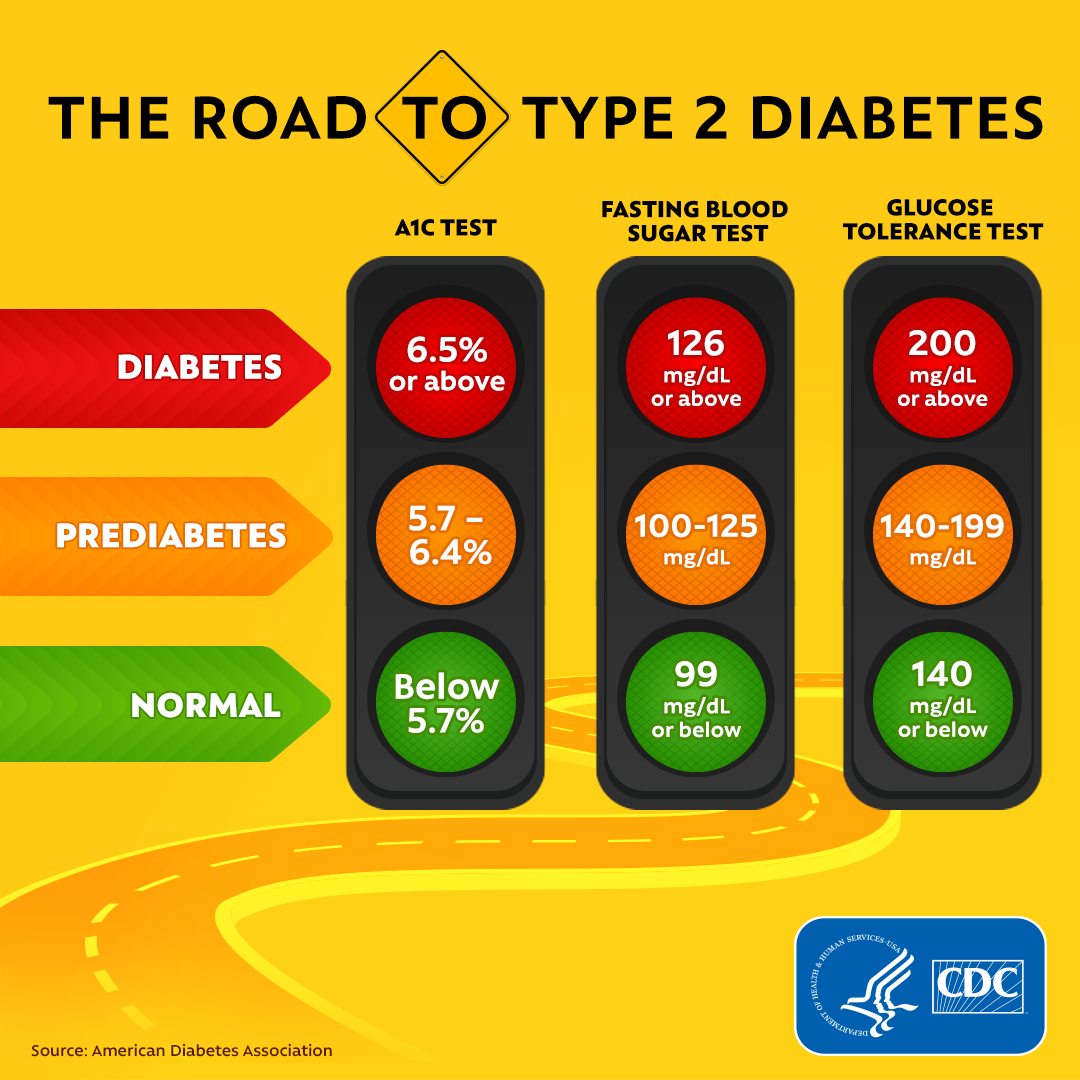The oral cavity is a site for infection and replication of SARS-CoV-2, and subsequently provides a risk for transmission to others due to aerosolized saliva.
A recent study (Huang et al. preprint) which was a multicenter study looking into the role of the oral cavity in infection and transmission of SARS-CoV-2 (the virus that causes the disease COVID-19).
A lead researcher on the project, Dr. Kevin Byrd, based out of the University of North Carolina-Chapel Hill Adams School of Dentistry and the American Dental Association Science and Research Institute found that SARS-CoV-2 can infect the oral mucosa (gums, lips, cheeks, tongue, tonsils), major, and minor salivary glands.
They discussed the role that the oral cavity played in extraoral transmission, through aerosol of saliva, and the transmission of the virus to the lungs and gut. They observed that individuals who presented with SARS-CoV-2 in their saliva were approximately 6.5X more likely to report a loss of taste or smell.
Wide reports of various symptoms suggest that each individual may have a different immune response or pattern of infection. Further research into these routes of infection and transmission, as well as human immune response to SARS-CoV-2 will certainly be studied.
A healthier smile starts with you.
Take control of your dental health.
We are here to help.





